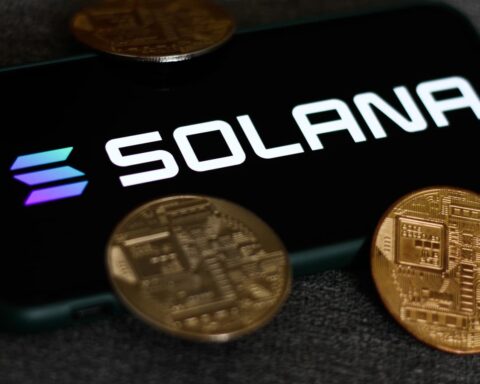Presidential candidate Robert F. Kennedy Jr. of the United States has admitted to owning a substantial amount of Bitcoin (BTC), contrary to his previous denial of being an investor in the leading cryptocurrency.
According to records obtained by CNBC, Kennedy Jr. held between $100,001 and $250,000 worth of Bitcoin by the end of June.
The investment was made following his speech at the Bitcoin 2023 conference in May, during which he announced that his campaign would be the first in the United States to accept Bitcoin donations.
READ MORE: Digital Currency Group Dismisses Gemini Lawsuit as “Publicity Stunt” by Winklevoss Twins
Interestingly, during the conference, Kennedy Jr. explicitly denied investing in Bitcoin, stating, “I am not an investor, and I am not here to give investment advice.”
The financial disclosure filed on June 30 did not specify the exact timing of the cryptocurrency purchase but revealed that the investment had yielded a return of less than $201 thus far.
Although the filing did not identify the purchaser, Kennedy Jr.’s campaign acknowledged that it was him.
Kennedy Jr., who is challenging President Joe Biden, has been actively targeting the crypto community as part of his campaign.
In a tweet on May 3, he expressed his belief that cryptocurrencies, particularly Bitcoin, are a significant source of innovation.
He also criticized the U.S. government for impeding the industry and potentially driving innovation away.
Notably, Kennedy Jr. has gained support from prominent figures within the crypto industry, including Jack Dorsey, the founder of Twitter and CEO of The Block.
Dorsey took to Twitter to express his confidence in Kennedy Jr.’s strategy to defeat his opponents in the upcoming race.
As the son of former Attorney General and Senator Robert F. Kennedy, as well as the nephew of the 35th President of the U.S., John F. Kennedy, Kennedy Jr.’s candidacy has attracted attention and backing from influential figures.
His support comes at a critical juncture for the American crypto industry, which is currently grappling with regulatory uncertainties as the Securities and Exchange Commission tightens its scrutiny of crypto businesses in the absence of a comprehensive regulatory framework for digital assets in the United States.




